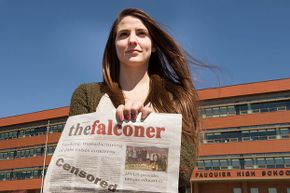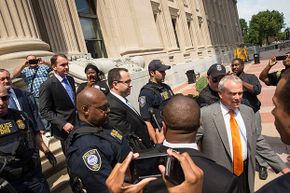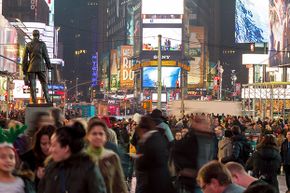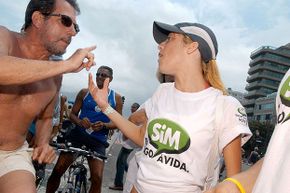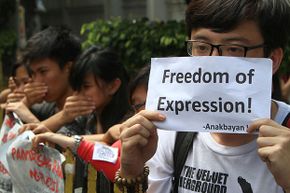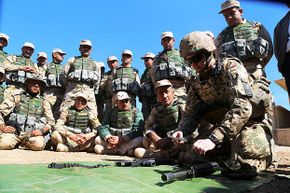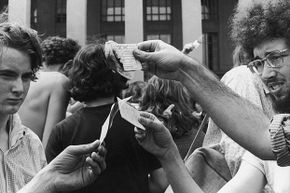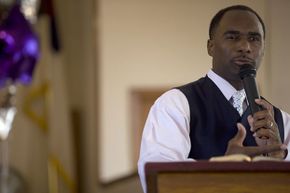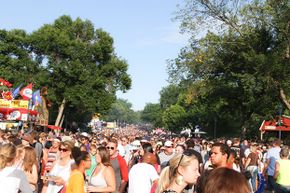Free speech is something most Americans cherish. Yet, the U.S. Supreme Court often struggles to decide exactly what it is. The First Amendment to the U.S. Constitution merely states, "Congress shall make no law ... abridging freedom of speech." But it does not define the term.
Over the past centuries, the Court has honed the definition, through various rulings. For example, it decided "free speech" includes the right not to speak; to speak symbolically (e.g., burning the American flag as a means of protest); to contribute money to political campaigns, although only in certain circumstances; and to utter certain offensive words and phrases when you're trying to convey a political message.
Advertisement
Other rulings specify free speech does not include the ability to create and distribute obscene materials; to promote illegal drug use at a school-sponsored event (if you're a student, anyway); and to burn draft cards as a means of protest [source: United States Courts].
You can see how tricky the issue is when you consider the Supreme Court ruled flag-burning is an acceptable form of free speech, but not draft-card burning. The reason, ostensibly, is that burning draft cards can affect the efficient functioning of the Selective Service System, while burning the flag doesn't harm any important governmental objectives [source: United States Courts].
Additionally, many people fail to understand that the concept of free speech is related to the federal, state and local government. For the most part, they cannot regulate Americans' speech. But private entities such as Facebook, Twitter and Craigslist certainly can (and do), by deleting posts deemed racist, obscene, violent or undesirable [source: Gomez].
Let's look at some of the main types of "speech" that are not free in the U.S. At least not today.
